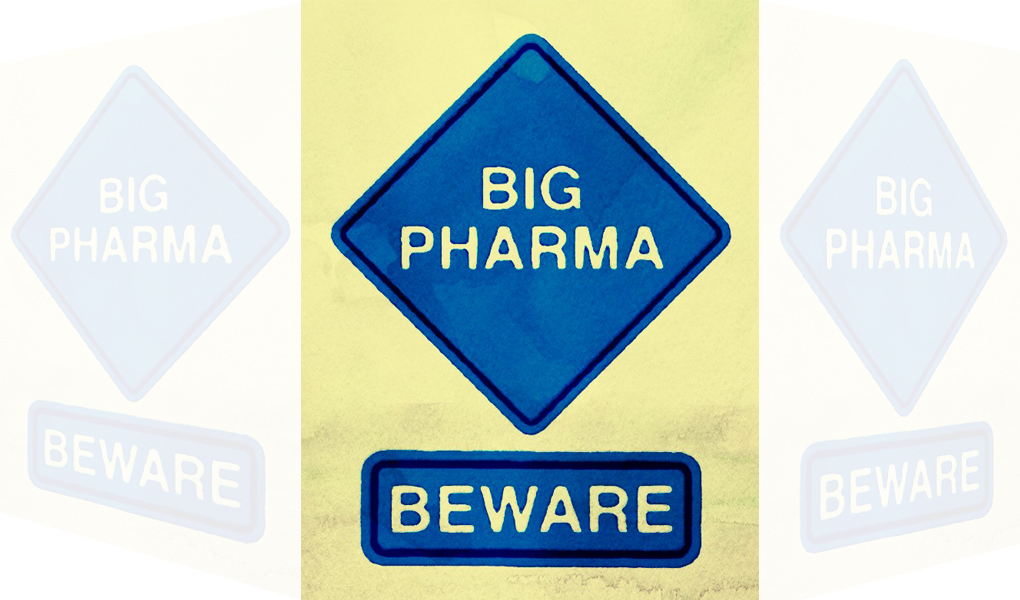A great majority of Americans are on prescription drugs. A 2013 report from the Mayo Clinic said that at least 70% of Americans are taking prescription drugs. With 3.9 billion prescriptions handed out in 2013, there is an over-prescription epidemic.
And the worse report is that as of 2012, prescription drugs kill more people now than cocaine and heroin combined, said the Pew Health Group.
Why Big Pharma Want You on Drugs
Big Pharma companies want to push drugs as much as possible on you so you can experience the “domino effect” on drugs on your life. In order to accomplish this, your doctor will be pampered by drug companies with free luxury vacations, cash outlay, massages, gifts, etc. in exchange for promoting their dangerous and unnecessary drugs on you. The things drug companies will do to make you buy their products are shocking, to say the least!
Let’s mention a few examples how doctors have gone to such lengths to sell their products to the gullible public.
In 2010. Pfizer received a lawsuit regarding bribing 5,000 doctors with expensive trips to Caribbean resorts and gave them US$2,000 in honoraria, including golf games and massages, in exchange for recommending the drug “Bextra” to their patients.
Like any other dubious drug, it was taken off the market because it caused heart problems. While being prescribed, patients were told it doesn’t have any serious side effects; they were deadly wrong.
In 2012, big pharma company GlaxoSmithKline pleaded guilty to one of the largest cases of healthcare fraud in U.S. history. The company agreed to pay US$3 billion for purposely misinforming people about “safety” of the drugs Avandia, Paxil and Wellbutrin. They also illegally promoted Paxil to patients under 18 years of age without FDA approval – which had devastating impact on the parents and families of the patients.
The result of this was that government mandated drug manufacturers to print black box labels. Its indicated the serious side effects of the drugs on the side of their packaging.
In 2011, the Los Angeles Times reported that California regulators criticized Bristol-Myers Squibb Co., for bribing pharmacists and doctors in pushing their drugs by offerings kickbacks in terms of gifts, tickets, happy hours, autographs, special parties, etc. with the Los Angeles Lakers. Bristol-Myers also paid $515 for medical fraud and similar misdemeanors.
And in China, the Guardian reported that GlaxoSmithKline was also involved in bribing international doctors with sexual favors and cash in exchange for recommending their drugs, according to 2013 legal documents.
Drug marketing representatives often young, dress sexy and hot to lure clients into buying and distributing drugs. The New York Times in 2005 reported about cheerleaders being hired to pimp drugs. And pharma companies will usually shower a doctor’s office with free food, gifts, and free vacations just so they will promote their drugs.
Intentionally Prescribing Dangerous Drugs
The attitude with Big Pharma these days is to prescribe a drug that one has to prescribe someday. In fact, there seems to be a big move to start giving patients medications that were never intended to be used for their conditions. Some of these drugs have terrible side effects and put many patients’ lives in danger.
Example of such a drug is Quetiapine (generic drug name) which is an antipsychotic drug used to treat mental illness. Like any out of control big pharma company, the sales representatives showered the doctors with gifts to influence them favorably. And when the drug was prescribed, folks described the prescribing like handing out candy to children.
A lawsuit was filed because the company forgot to disclose the dangerous side effects to doctors or patients. AstraZeneca, the manufacturer of the drug, paid US$520 million to settle the federal government lawsuit. Seroquel alone has been associated with over 25,000 product liability lawsuits.
What to Do?
Consumers must research well, perhaps online, as well as inquire from really reputable pharmacists about the drugs they are using. It pays well to get a second opinion as well when it comes to treatments and drugs. Then we won’t have to fall prey to unscrupulous drug sales representatives and doctors who are paid to prescribe that which is dangerous to our health.
What do you think of our story? Do you have ideas on how to curb bribery in the big pharma industry? Share your comments below!


